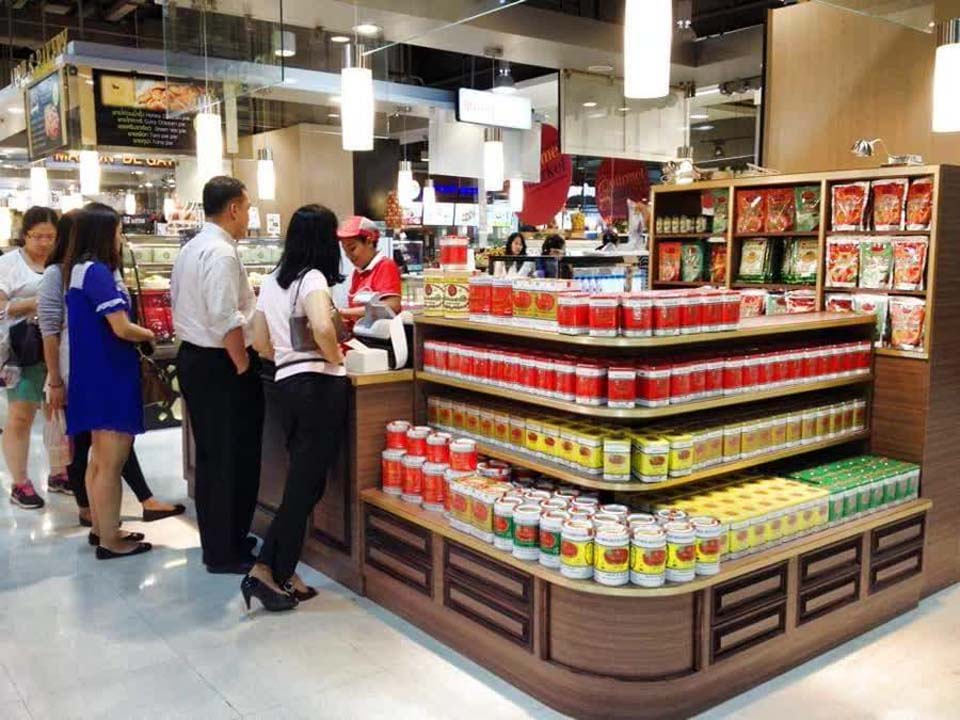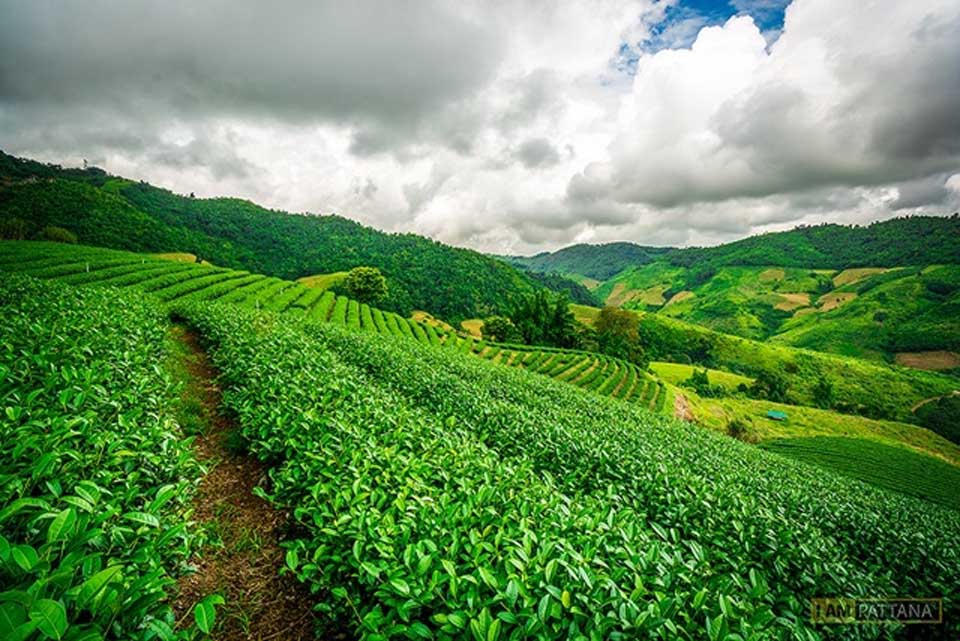
Efforts are underway to elevate Thai tea at the international level by marketing it as one of the remarkable products of ASEAN.
Due to increasing consumer demand for tea products among ASEAN member states and China, and with local production unable to sufficiently keep pace, alternatives are being sought that include importing tea products from other countries. This has in turn prompted increased interest in Thai tea products.
The tea plant is cultivated in Thailand’s northern region, particularly the provinces of Chiang Mai and Chiang Rai, and is currently dominating the export market to neighboring countries due to its unique fragrance, high quality and exotic taste. Processed tea from the Cha Tra Mue Company has subsequently turned into one of the kingdom’s best-selling brand products. It has since started expanding its franchises to other countries in the Asia-Pacific, including China and South Korea.

To support Thai products in making greater inroads with the international market, the government is encouraging local companies to make the most of existing free trade agreements. Representatives from the Department of Trade Negotiations recently visited Cha TraMue factory on February 18 to provide advice on the use of FTAs in facilitating exports and promoting the importance of international buyers.
Department Director-General Auramon Sapthaweetham said Thailand currently enjoys many existing FTAs that can bring a wealth of benefits to local companies, including the ASEAN-China FTA and the Regional Comprehensive Economic Partnership (RCEP). These can help to elevate the popularity of Thai tea mix products, with the department also working on another FTA to market Thai tea to the Middle Eastern markets.
She added that if Thai tea products are able to maximize the benefit of FTAs, they could potentially become one of ASEAN’s representative products.
Thai tea mix is often used in various beverages such as milk and iced tea. (NNT)
 |
 |
 |





